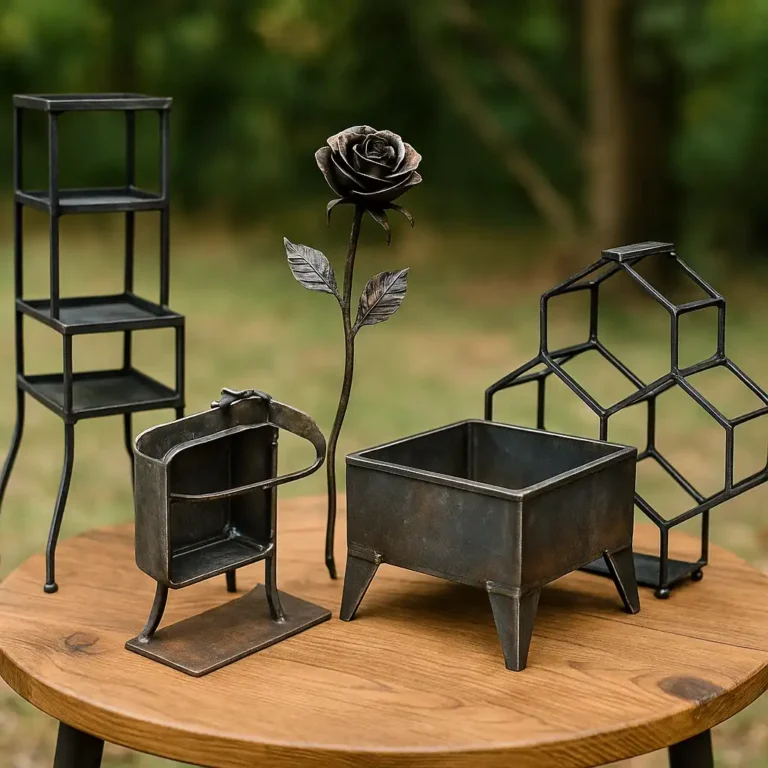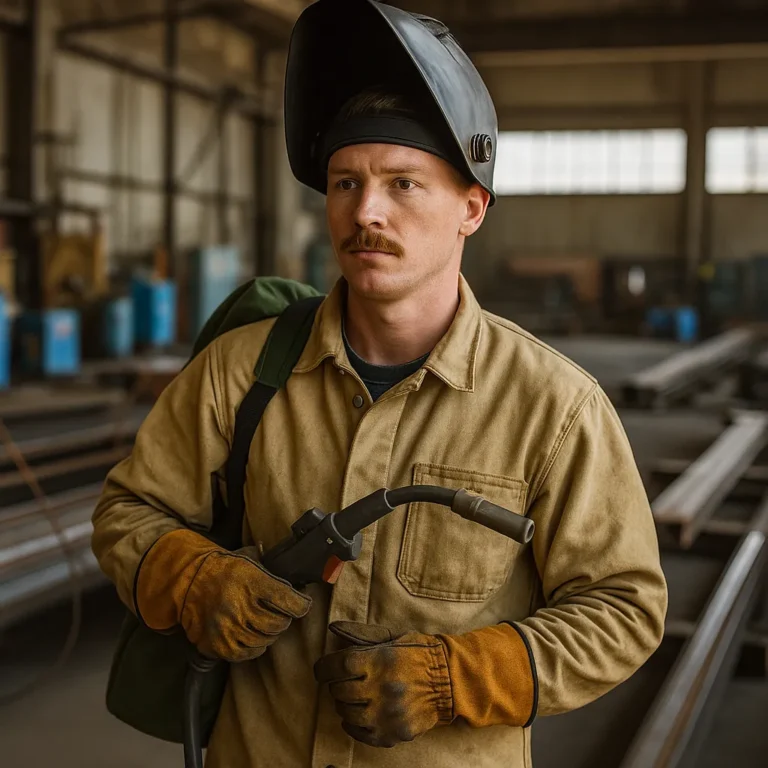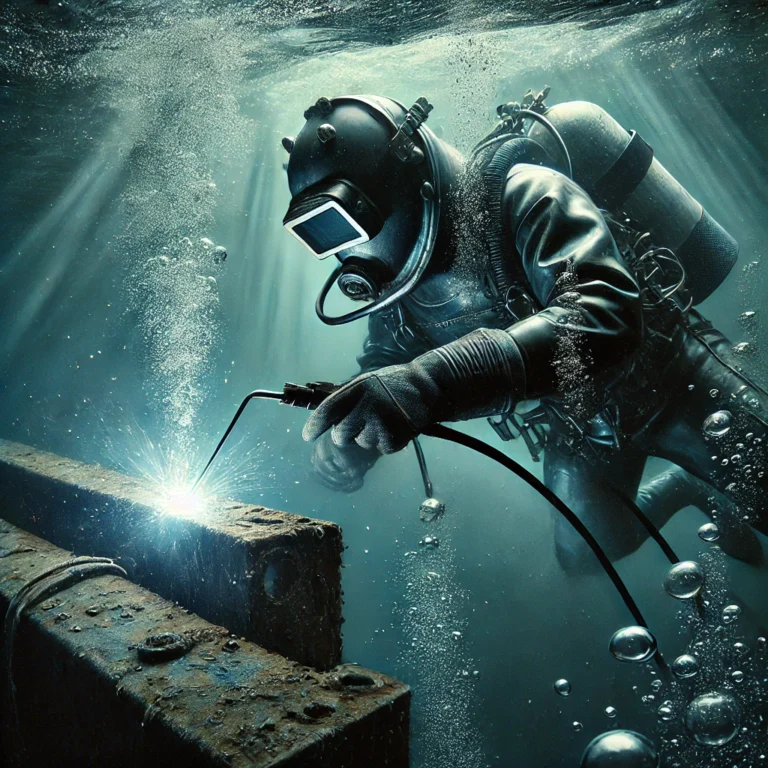Highest Paid Welder Jobs That Turn Sparks Into Serious Salaries

Welding may be known for its grit and grind, but behind that welding hood lies a path to some seriously lucrative careers. Whether you’re just starting out or already have a few years of bead-running under your belt, knowing which welder jobs pay the big bucks can help you set your goals—and your paycheck—higher. From the depths of the ocean to the high-pressure world of pipelines, welding careers offer more than just sparks; they offer stability, adventure, and six-figure salaries.
Underwater Welder: Big Risk, Bigger Reward
If you’ve got nerves of steel and a love for the deep, underwater welding might be your golden ticket. These specialists weld at extreme depths, often in zero visibility and freezing temperatures. It’s not for the faint of heart, but the pay reflects the danger—some experienced commercial divers who specialize in underwater welding can earn over $200,000 annually. Plus, jobs often come with travel opportunities, hazard pay, and short work bursts that give you long breaks in between.
Pipeline Welder: The Backbone of Energy
Pipeline welders are in high demand across the oil, gas, and infrastructure sectors. These pros lay down X-ray-quality welds in rugged environments and harsh weather. With certifications and experience, pipeline welders can earn between $70,000 and $150,000 per year, especially when working union jobs or on major energy projects. For many, this is the sweet spot between risk and reward, offering steady work and strong benefits.
Aerospace Welder: Precision in the Skies
Welding for the aerospace industry isn’t your average day on the job. Think titanium alloys, ultra-clean environments, and welds that must be flawless. These roles require specialized certifications, including TIG welding on exotic metals. But the payoff? Salaries often range from $60,000 to $100,000+, with plenty of room to grow into engineering or inspection roles.
Military Support Welder: Service With Extra Pay
Military welders, especially contractors working overseas or in remote conflict zones, often earn top-tier pay. These roles support mission-critical equipment, from Humvees to aircraft. While not always in active combat, the locations and working conditions mean many welders make $80,000 to $120,000+ annually, tax advantages included.
Certified Welding Inspector (CWI): From Torch to Table
Not all top-paying welding jobs require you to be on the front lines. Certified Welding Inspectors combine experience and technical knowledge to ensure that welds meet strict codes and standards. CWIs can make $70,000 to $120,000+ annually, depending on industry and travel. It’s the natural evolution for experienced welders who want to hang up the hood and put their expertise to work in a new way.
Conclusion: Chase the Heat Where It Pays
If you’re thinking welding is just a blue-collar gig, think again. With the right training, certifications, and a drive to specialize, welding can take you places—underwater, overseas, or into space—with salaries that rival many white-collar professions. Whether you dream of inspecting multi-million-dollar projects or welding pipelines across rugged terrain, the opportunities are hot—and so is the paycheck.






